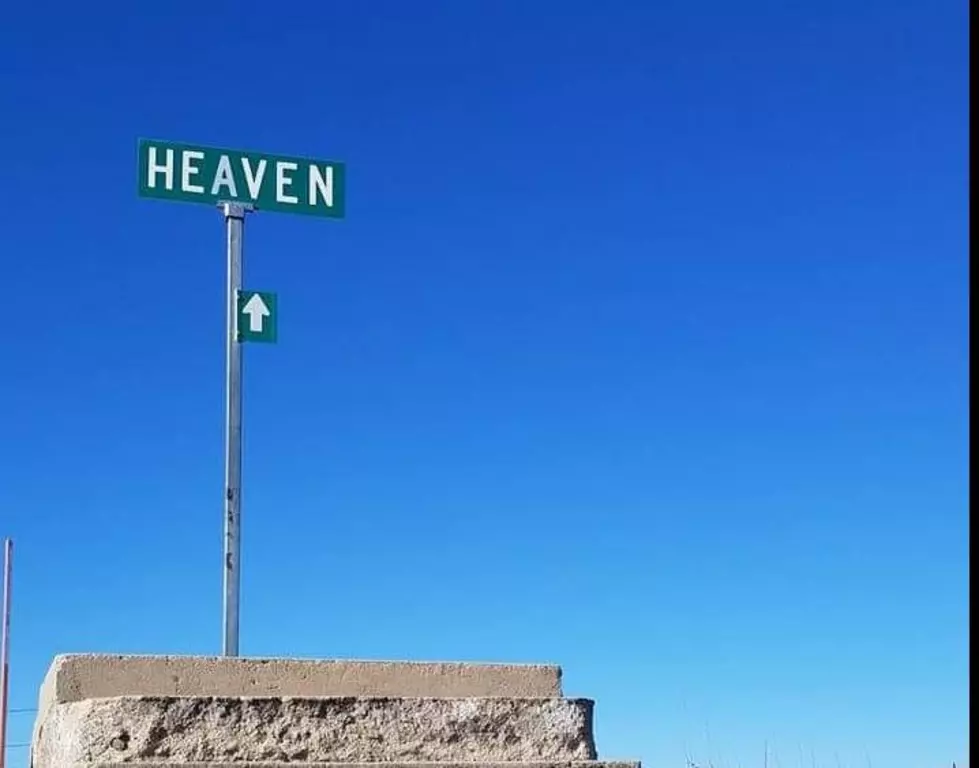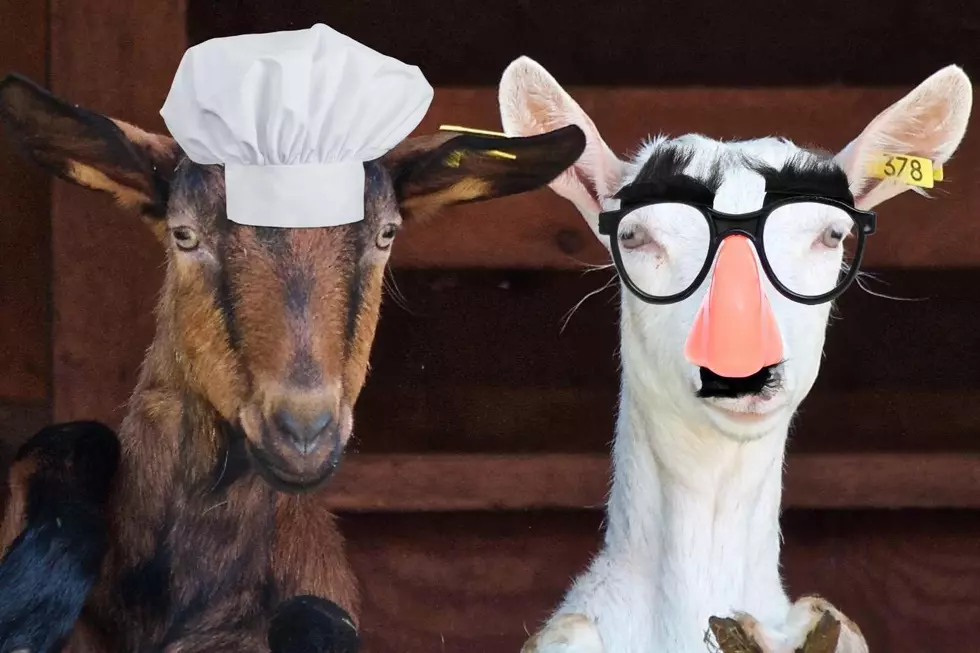
When Bears Go to Sleep, the Rest of Colorado’s Wildlife Wakes Up
Humans aren't the only Coloradans that have learned to be Bear Aware — the animals have too.
A recent tweet from Ranger Tiffany McCauley, a park ranger at Colorado Parks and Wildlife's (CPW) Northeast Region, showcased an interesting Centennial State phenomenon that happens when bears go into hibernation.
Let's dive in.
How does bear hibernation work in Colorado?
According to the Colorado Virtual Library (CVL), black bears eat nearly 20,000 calories per day before nestling in their dens to hibernate, either around the end of October or the beginning of November.
In hibernation, bears' metabolism, heart rate, and body temperatures drop by about half. Their bodies will stay this way for roughly 200 days, during which they won't eat, drink, poop, or pee.
While you can wake up hibernating bears by disturbing their dens, the animals usually stay fast asleep — and the rest of Colorado's wildlife takes advantage of this.
Watch Colorado wildlife "wake up" during bear hibernation
In her tweet, Ranger Tiffany revealed that animals in Colorado can sense when bears are hibernating.
She noted that mountain lions are more frequently spotted in daylight, bobcats travel further with their babies, and "ringtails and mink make a rare appearance."
In the trail camera footage she shared, you can see a mountain lion sticking its tongue out at the camera, a sunbathing bobcat, bobcat babies, and a glimpse of the elusive ringtail (a cousin of the raccoon) and mink.
Check out more of Colorado's wildlife on the move in the gallery below.
25 Crazy Wildlife Encounters That Happened in Colorado This Year
These Are the Most Dangerous Animals in Colorado
More From Townsquare Fort Collins









